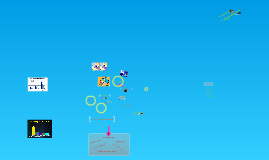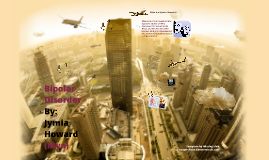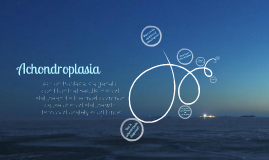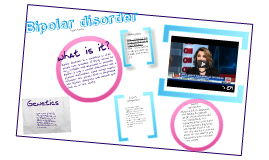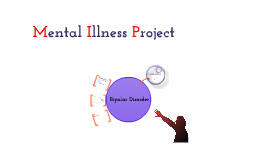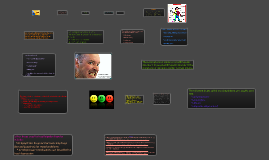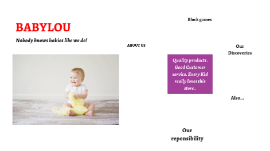Bipolar Disorder
Transcript: Bipolar disorder is a disorder of drastically changing moods, energy levels, and abilities to carry out everyday tasks. Living with this disorder may not always be easy to do; however, there are various treatments and tests taking place in order to help patients manage and fully understand this condition. When were you diagnosed with Bipolar Disorder? I was diagnosed when I was 28, in 1998. You would have been 2 or 3 years old. Which type of disorder were you diagnosed with? I was diagnosed with Bipolar I Rapid Cycling. What symptoms were present? High risk behavior, such as putting myself in situations I normally wouldn’t, mood swings from severe depression to high points of mania, and also lack of decisiveness, leading to poor decisions. I also heard voices when I was a kid and started to hear them again. Also stress is a trigger for bipolar disorder What was your reaction to the diagnosis? I was surprised about it. I didn’t really know much about it. It took me a little while to come to acceptance. Did you have any doubts about it? At the time I was really not doing well, and was just seeking help. I didn’t think I had a condition, so when I was diagnosed I had doubt. But once I read the pamphlet they gave me, that included the symptoms, I realized I did have it. What types of medication were you prescribed to treat the symptoms? Some of the names included: Seroquel, Tegratol (at first), Prozac, Colanapin. I took various other anti-psychotic, anxiety and depression based drugs. Did you feel more like yourself with or without the medication? With the medication, I had a lot of side effects, a lot of memory was gone, lack of feeling, and lack of emotion, I could sleep and then couldn’t sleep so the side effects bothered with my everyday life. But without the medication I wasn’t near normal so it was necessary to have. Do you believe the medication was beneficial? Yes, I do it relieved many symptoms that troubled me. How is bipolar disorder affecting you today? I still have trouble in making decisions, mood swings, and the lack of memory from past experiences is also hindering me today. Especially with my children I don’t have much memory of them growing up. Mania Depression Thesis Statement: Bipolar Disorder 1: Also known as Manic Depression, is when one has mixed episodes of manic states and depressive states. In order to be diagnosed with this disease these episodes need to be drastic. Bipolar Disorder 2: This form of Bipolar Disorder is when one has mild states of depression along with mild states of mania. You never attain full mania with this type. Bipolar Disorder not Otherwise Specified: When one does not meet the entire criteria of Bipolar 1 and 2. This can mean only displaying a fraction symptoms. Cyclothymia: One experiences hypomania and mild depression. This is less than mania. Defined by: Mania Long periods of feeling empty. Loss of interest in activities once enjoyed. Extreme Tiredness Troubles concentrating Restless and Irritability Change in eating, sleeping, or other habits Low self-esteem Thoughts of suicide or death Bipolar Disorder is a mood disorder that consists of drastic changes in energy, activity levels, mood, and impairment in the ability to carry out daily tasks. A person with Bipolar Disorder experiences high points of mania and low points of depression, hence the name Manic Depression. Research Long periods of feeling empty. Loss of interest in activities once enjoyed. Extreme Tiredness Troubles concentrating Restless and Irritability Change in eating, sleeping, or other habits Low self-esteem Thoughts of suicide or death By Riley Chuss In the United States about 2.6% of people have been diagnosed with a form of Bipolar Disorder. And of those diagnosed 82.9% have a serious case. Treatments What is Bipolar Disorder? Long periods of feeling empty. Loss of interest in activities once enjoyed. Extreme Tiredness Troubles concentrating Restless and Irritability Change in eating, sleeping, or other habits Low self-esteem Thoughts of suicide or death Defined by: Did you know? Depression The first step of diagnosis is family members noticing and reporting symptoms of an outbreak. For one to be diagnosed with this disorder, they should seek out a mental health professional. The person that did the diagnosis, can then prescribe you proper medication to relieve symptoms. Defined by: Feeling Overly Happy Extreme irritability Easily Frustrated Quick to act Restlessness Impulsive and frequently seeking pleasureful activities Defined by: Feeling Overly Happy Extreme irritability Easily Frustrated Quick to act Restlessness Impulsive and frequently seeking pleasureful activities Bipolar Disorder Counseling: Attending meetings regularly discussing problems. Family is a necessity of the counseling process. Medications: Lithium- most common and is a mood stabilizer for the manic portion. This produces side effects like too high of thyroid hormones, then you need to take a thyroid regiment. This is






